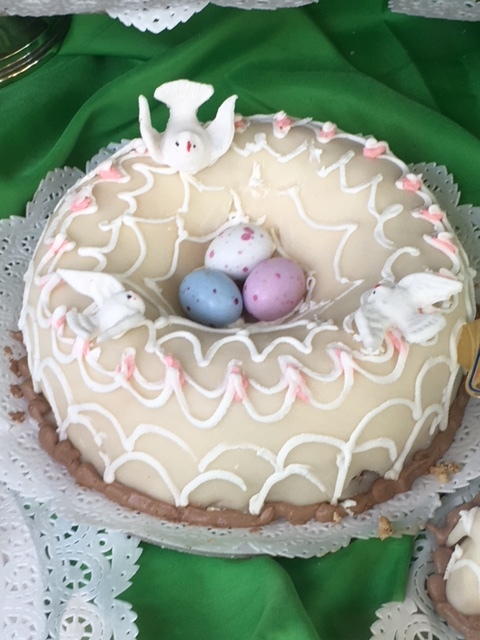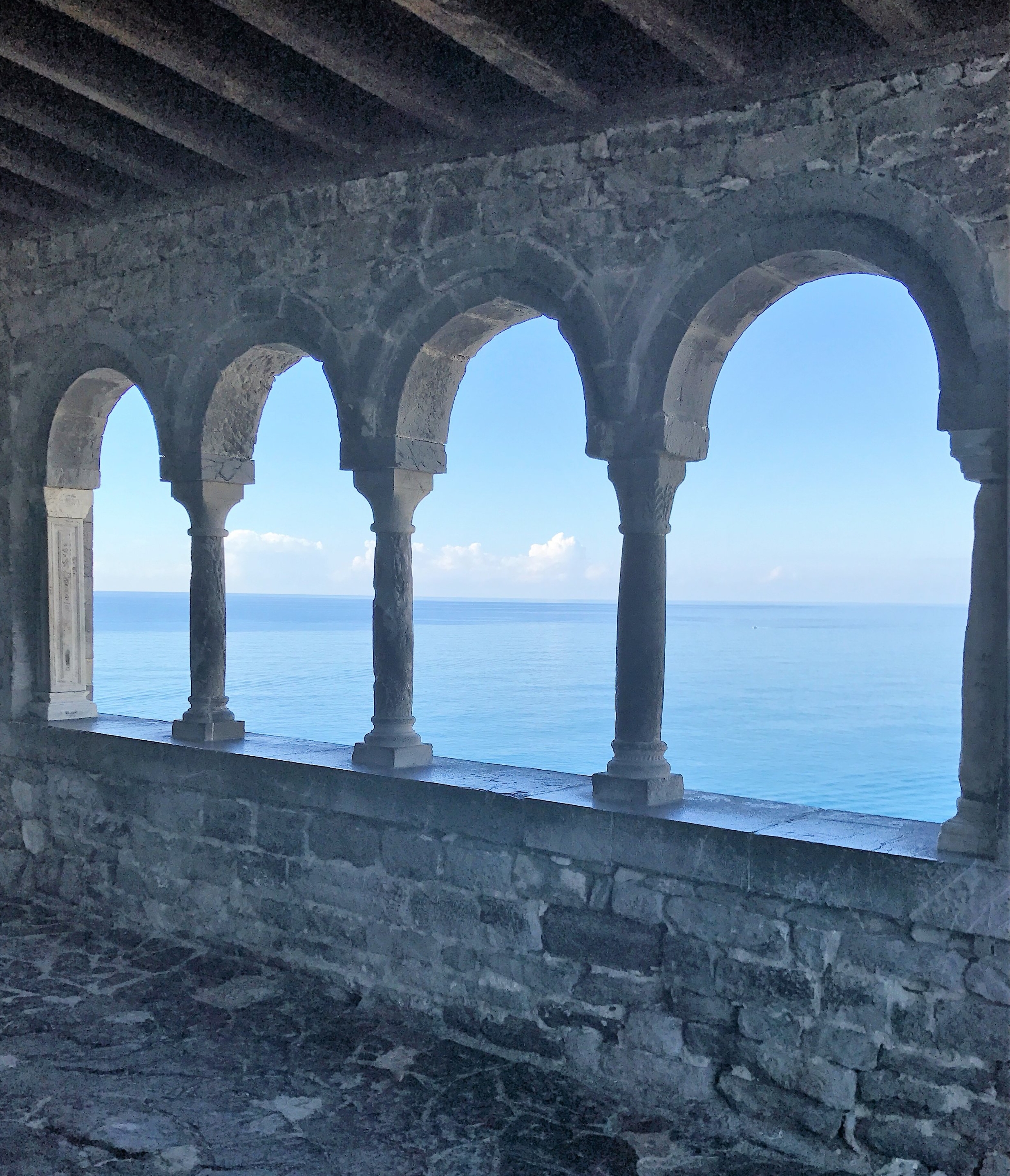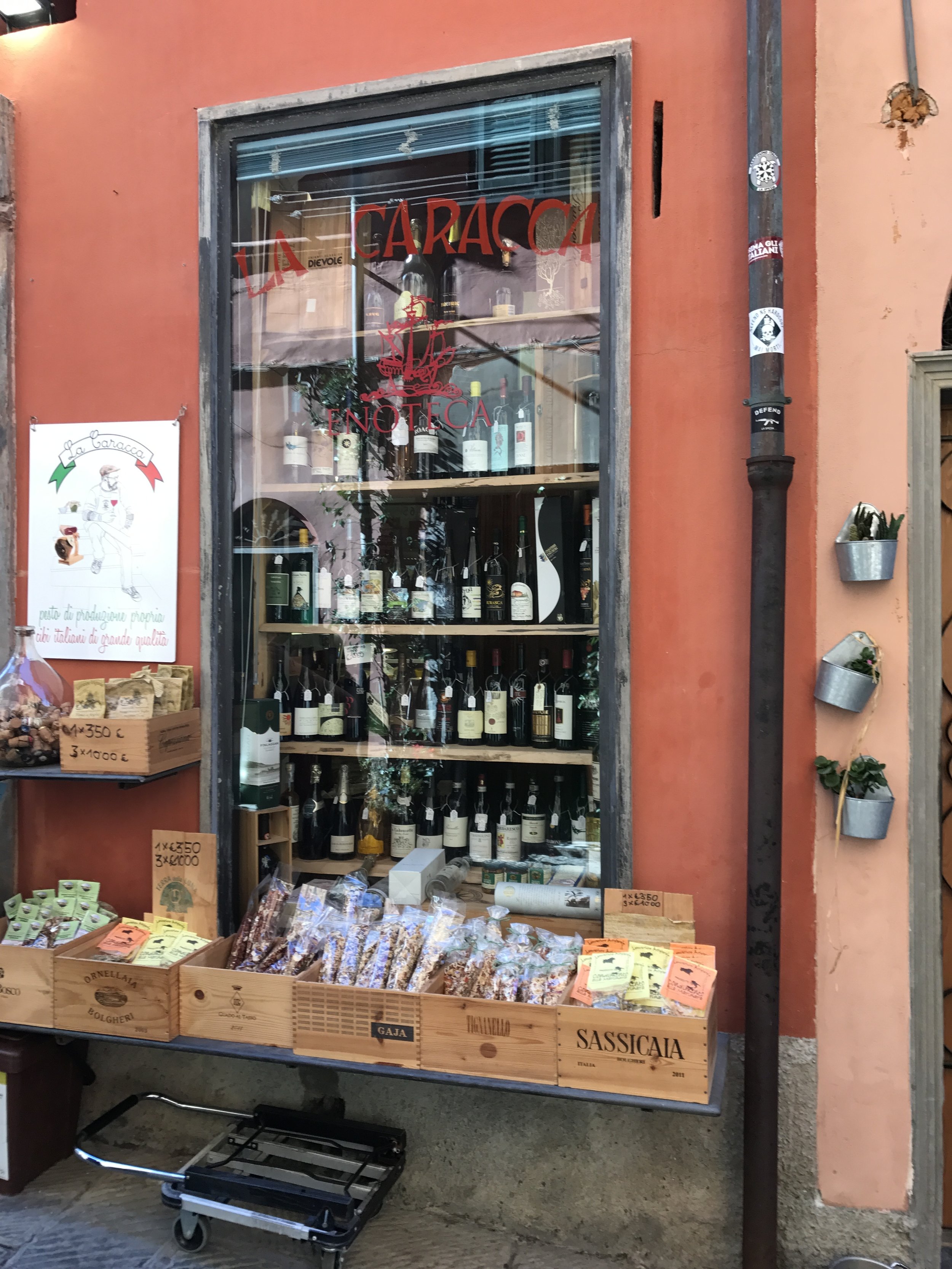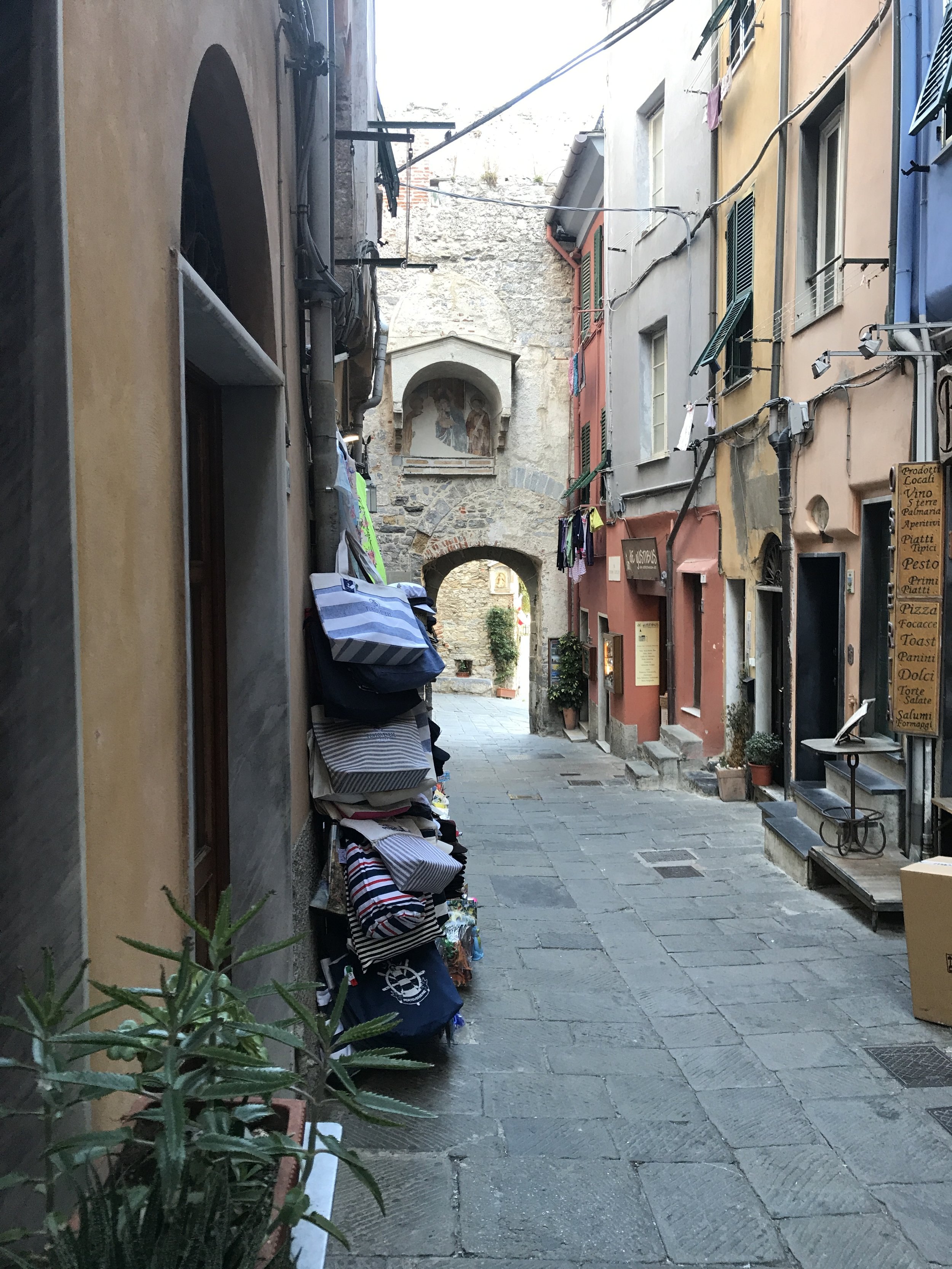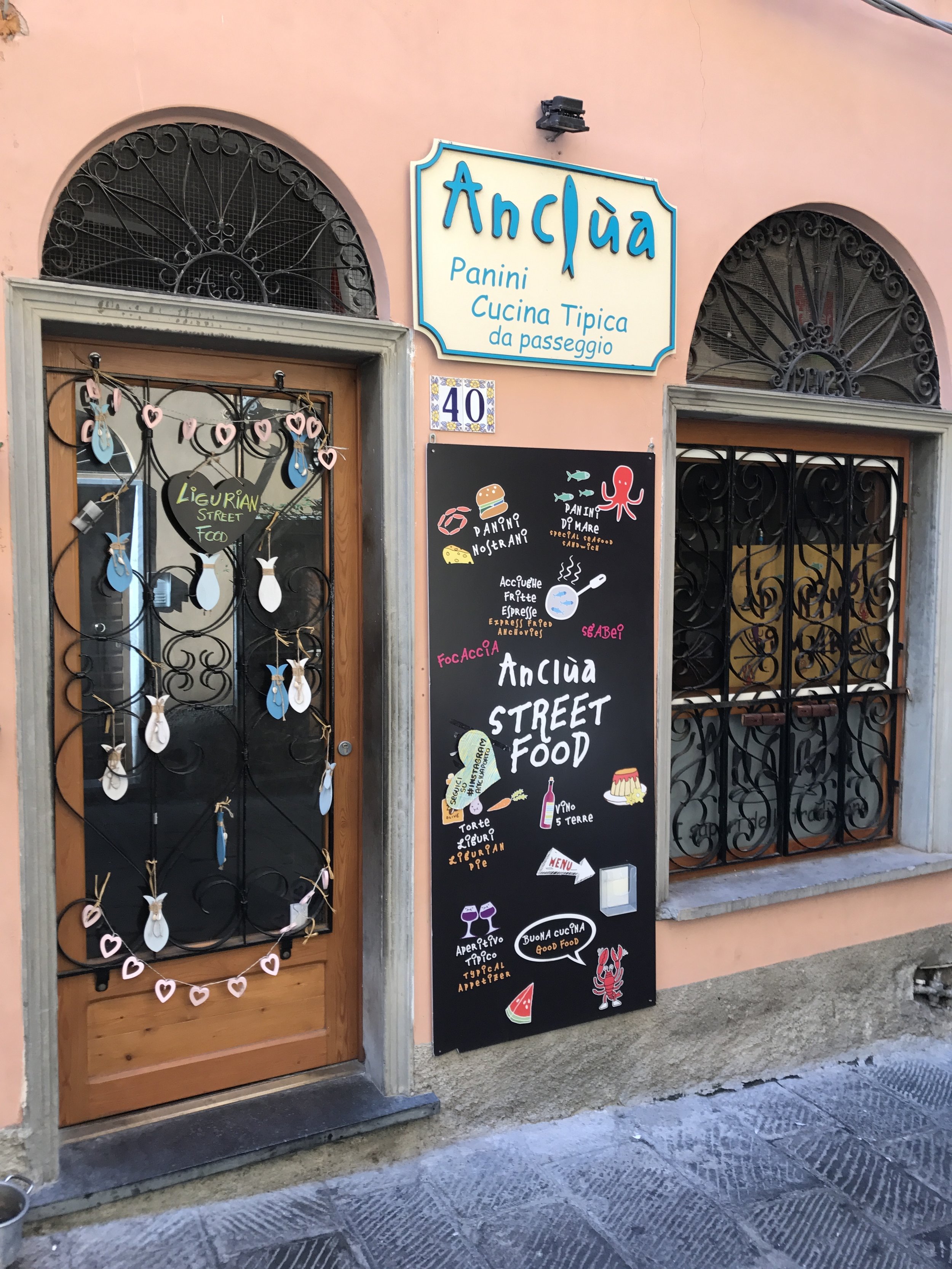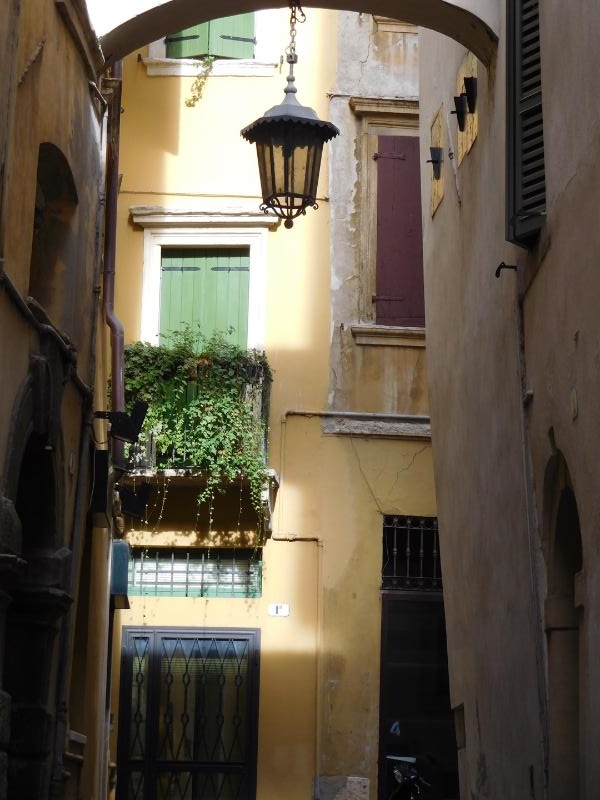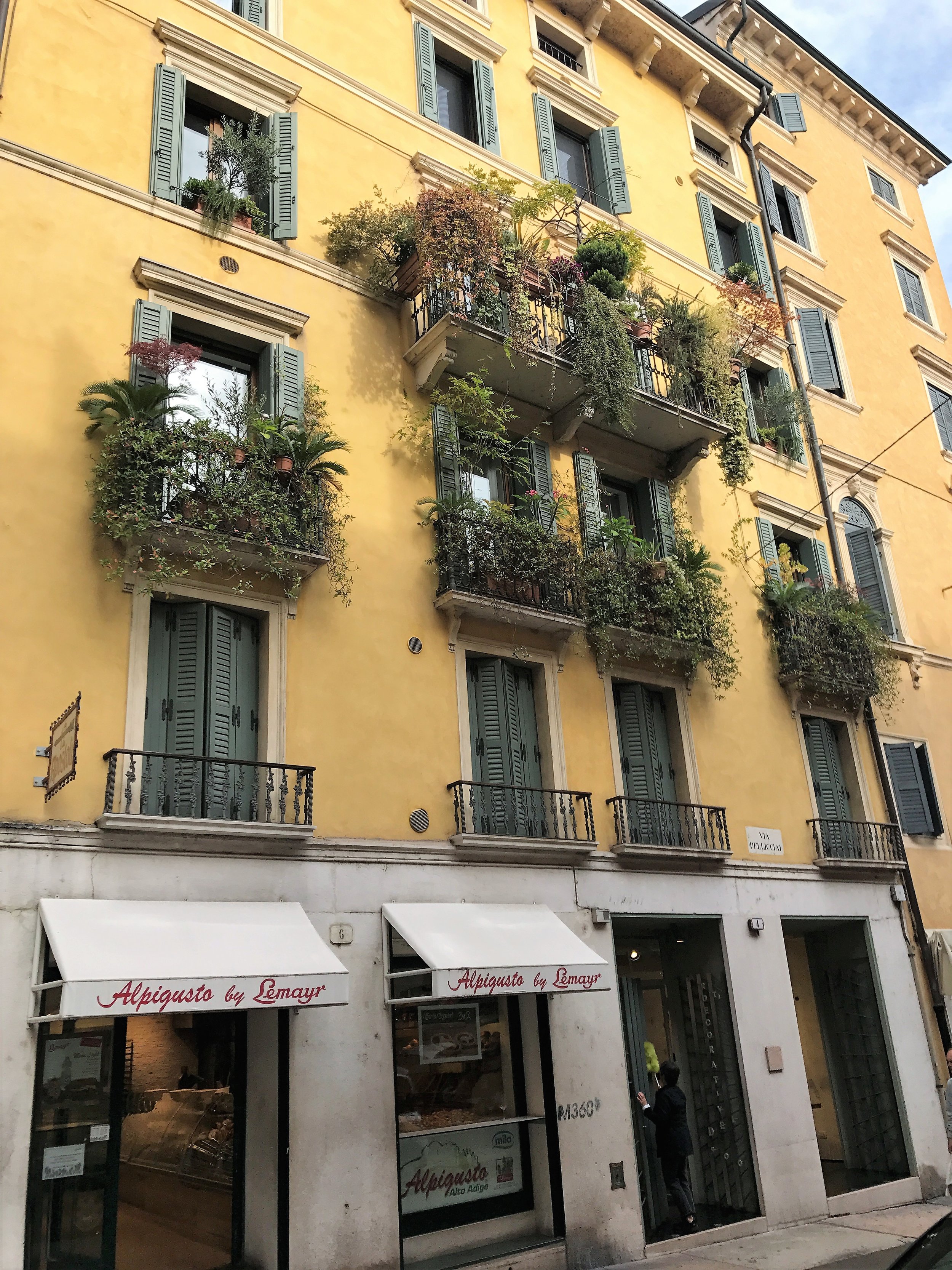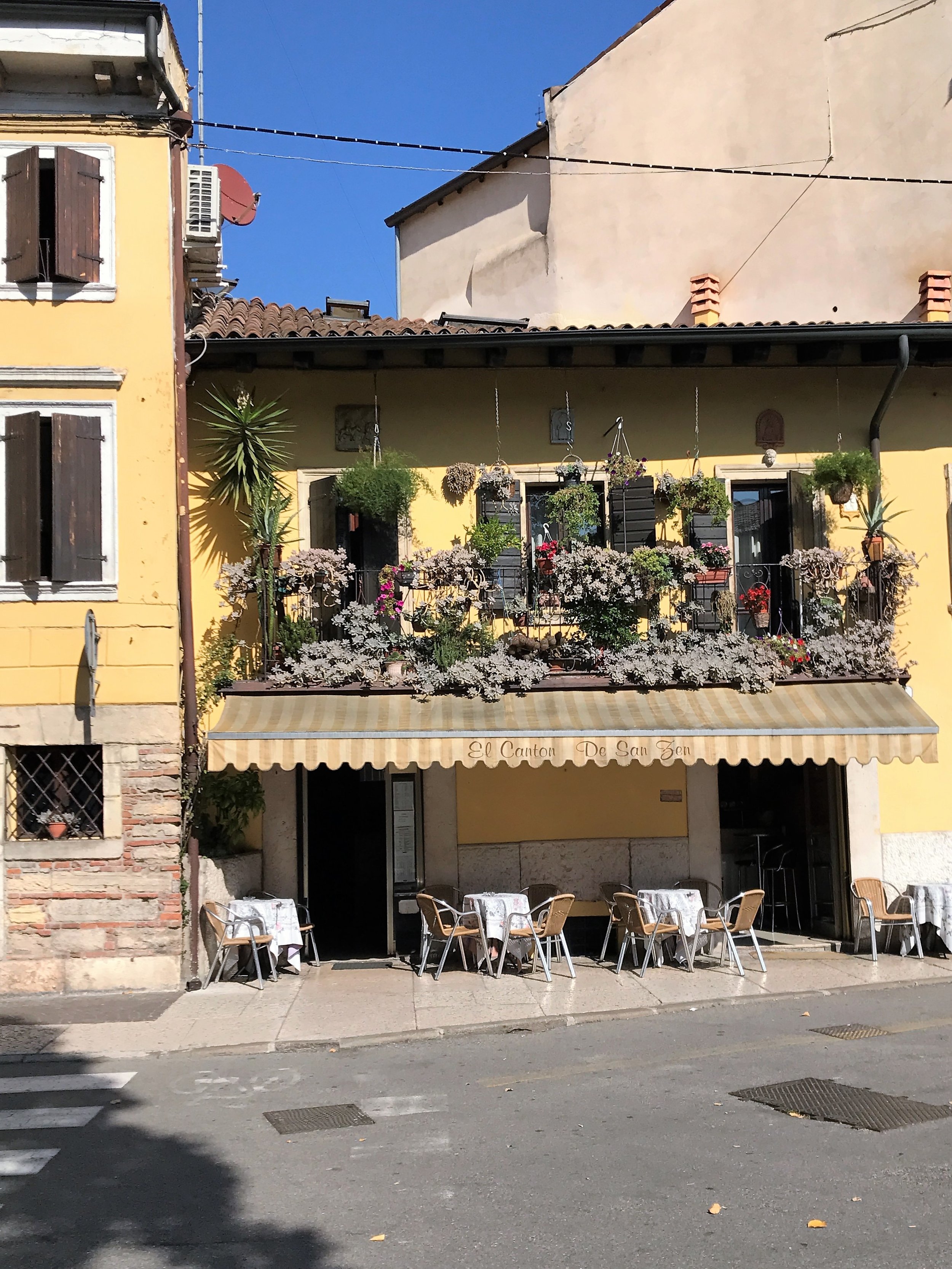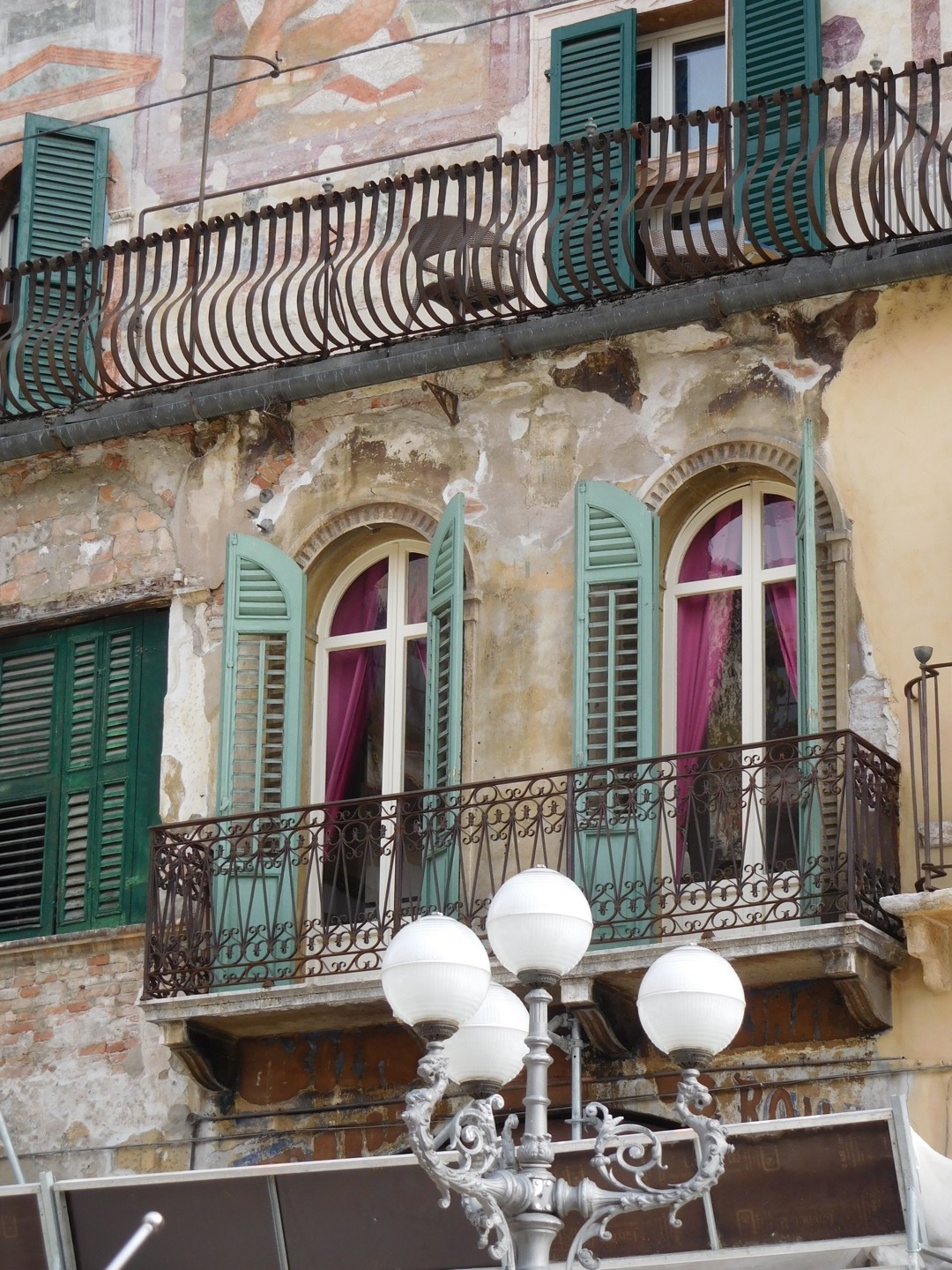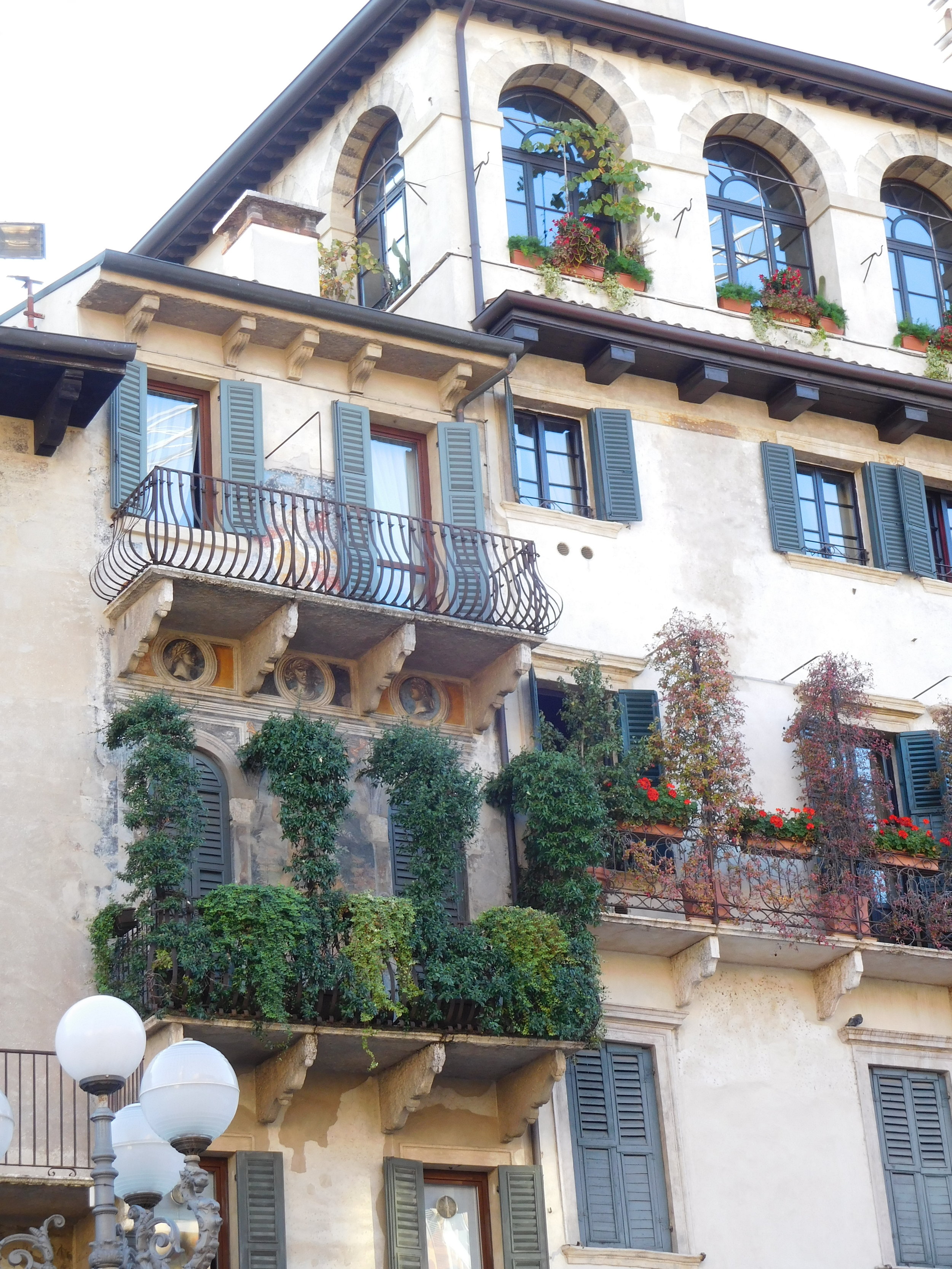Italy at Easter
Several years ago I learned an Italian saying, "Natale con i tuoi, Pasqua con chi vuoi." This roughly translates to “Christmas with your family, Easter with whomever you like." I take this idea seriously. I wouldn't dream of missing Christmas with my children and grandchildren, but whenever possible I spend Easter in Italy, sharing the holiday with friends.
This year marks my third Italian Easter; one of my favorite times to visit. I love marking the change of seasons in Italy, watching as Tuscany slowly moves from winter to spring. When I arrived at the beginning of March, Lucca had quiet streets, bare trees and vines, and brisk weather (including my first Italian snowfall).
March remained mostly cold and rainy, but slowly, over the past week, spring has started to tiptoe in. On one of the first warmer days outdoor seating suddenly spilled into the squares from cafes.
Overnight, the atmosphere in town changed. People filled the streets and cafes, beautifully decorated Easter window displays appeared, outdoor vendors set up stands to sell sweets and balloons, the walls surrounding Lucca began to buzz with activity, and the first tentative spring blossoms surfaced. It seems Lucca has awakened from its winter rest.
The last week of March was Holy Week - the week leading up to Easter. It began with Palm Sunday events, including the blessing of palms and olive branches and services in many of the local churches. Venerdì Santo (Good Friday) saw the traditional procession in Lucca in which a heavy wooden crucifix is carried through the streets by black-robed and barefoot members of the Misericordia. This is a solemn event made even more dramatic by the backdrop of Lucca’s Medieval streetscapes. I always find the procession moving, meaningful, and uniquely Italian.
Good Friday was also celebrated with an evening concert at the Cattedrale di San Michele in which a small symphony played the Stabat Mater, with lyrics (in Latin) from the 13th century and music composed by Boccherini (who was born in Lucca in 1743). The church was full, the soprano sang beautifully, and the music was (no pun intended) divine.
Today is Easter. I’ll walk through town this morning to a favorite pasticceria to pick up a desert for today’s lunch (perhaps a pretty cake like the one pictured here) and then I’ll get busy cooking for the friends who are coming for lunch this afternoon. We'll be enjoying “Pasqua con chi vuoi."
Buona Pasqua. Happy Easter to all who celebrate it - and happy Passover and Happy Spring too!
-post by JMB
The Easter flower market in Lucca








